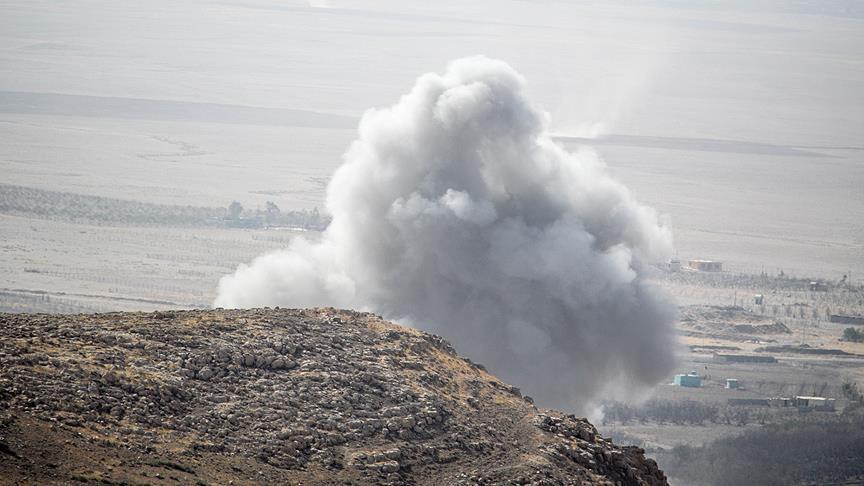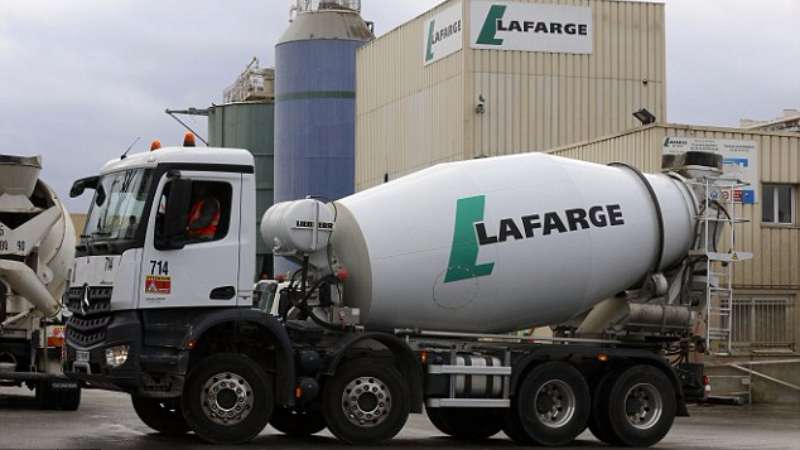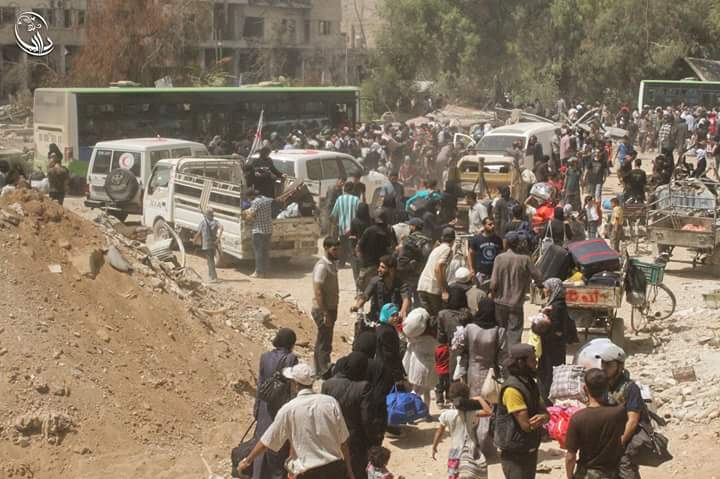
Assad regime pushed harder in its offensive on rebel-held parts of Aleppo, forcing control over more than two-thirds of the territory and refusing any solution that doesn’t include the full withdrawal of the rebels.
After retaking control of about two-thirds of opposition-held east Aleppo over the past week, Assad regime forces and its allies were able to force control over al-Shaar neighborhood.
With the capture of Shaar, the regime is holding nearly 70 percent of east Aleppo, four years after rebels first seized it and divided the ancient city.
“The regime forces backed by gunmen loyal to them managed to achieve a new advancement and complete their control of the entire neighborhood of al-Shaar, along with other neighborhoods in the Old City of Aleppo, in conjunction with their advancement and controlling by firearm large parts of Sheikh Lutfi neighborhood and Marja neighborhood in the southeastern part of the eastern neighborhoods of Aleppo,” the observatory said.
This new move left the rebels trapped in a small area under heavy bombardment and forced them to hard choices.
On Monday, Russia and China blocked a draft resolution at the UN Security Council demanding a seven-day truce in Aleppo to evacuate the sick and wounded, and to provide humanitarian aid workers time to get food and medicine in.
Moscow argued that rebels used such pauses in the fighting to reinforce, causing more fighting and “harm to civilians”.
the US sought talks with Russia for a ceasefire in the city too, but Lavrov accused Washington of backtracking.
“It looks like an attempt to buy time for the rebels to have a breather, take a pause and replenish their reserves,”
Assad regime said on Tuesday said it would not agree to a ceasefire in Aleppo unless it guarantees a full withdrawal of rebel factions from the city.
“Syria will not leave its citizens in east Aleppo to be held hostage by terrorists, and will exert every effort to liberate them,” said the foreign ministry statement.
“It therefore rejects any attempt by any side to reach a ceasefire in east Aleppo that would not include the exit of all terrorists.”
“Those who refuse to leave nicely will be destroyed,” Russian Foreign Minister Sergey Lavrov told reporters in Moscow, speaking of the Syrian rebels. “There is no other way.”
Russia’s propaganda machine is hard at work alongside the Syrian regime’s, trying to frame these events as the “liberation” of a population described as hostages of Islamic terrorists.
Russian victory in Syria
Capturing eastern Aleppo would be the biggest victory for Assad regime since the start of the revolution against him in 2011, restoring his control over the whole city apart from a Kurdish-held area that has not fought against him.
It would also be seen as a victory for his allies, Russia and Iran, which have outmaneuvered the West and Assad’s regional enemies through direct military intervention.
For Assad regime, taking back Aleppo would make its forces focus on ending the remaining rebels-held areas. These areas include the rebels’ stronghold in Idlib in addition to isolated areas in rural Damascus, Homs, and Hama.
These areas have been under daily bombardment and crippling siege for years. The Old city of Homs and parts of rural Damascus has already been lost to Assad regime, and the remaining areas are expected to follow.
As a conclusion, defeating the rebels and retrieving Aleppo means destroying the last major resistance stronghold of the Syrian rebels and will lead eventually to the victory of Assad regime and ending the Syrian revolution.
The fate of rebel-held Aleppo spells the abject failure of the west’s contradictory and piecemeal policies. It is a humiliation for the UN. Its fall will be an unequivocal victory for Russian strategy. Aleppo will join an infamous list of cities whose names are synonymous with mass crimes committed while the world looked impotently on: Srebrenica, Grozny, even Guernica.



